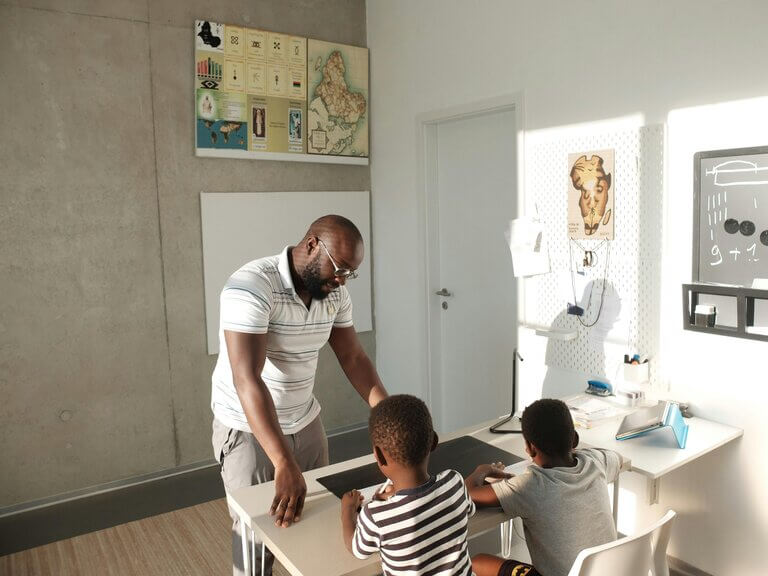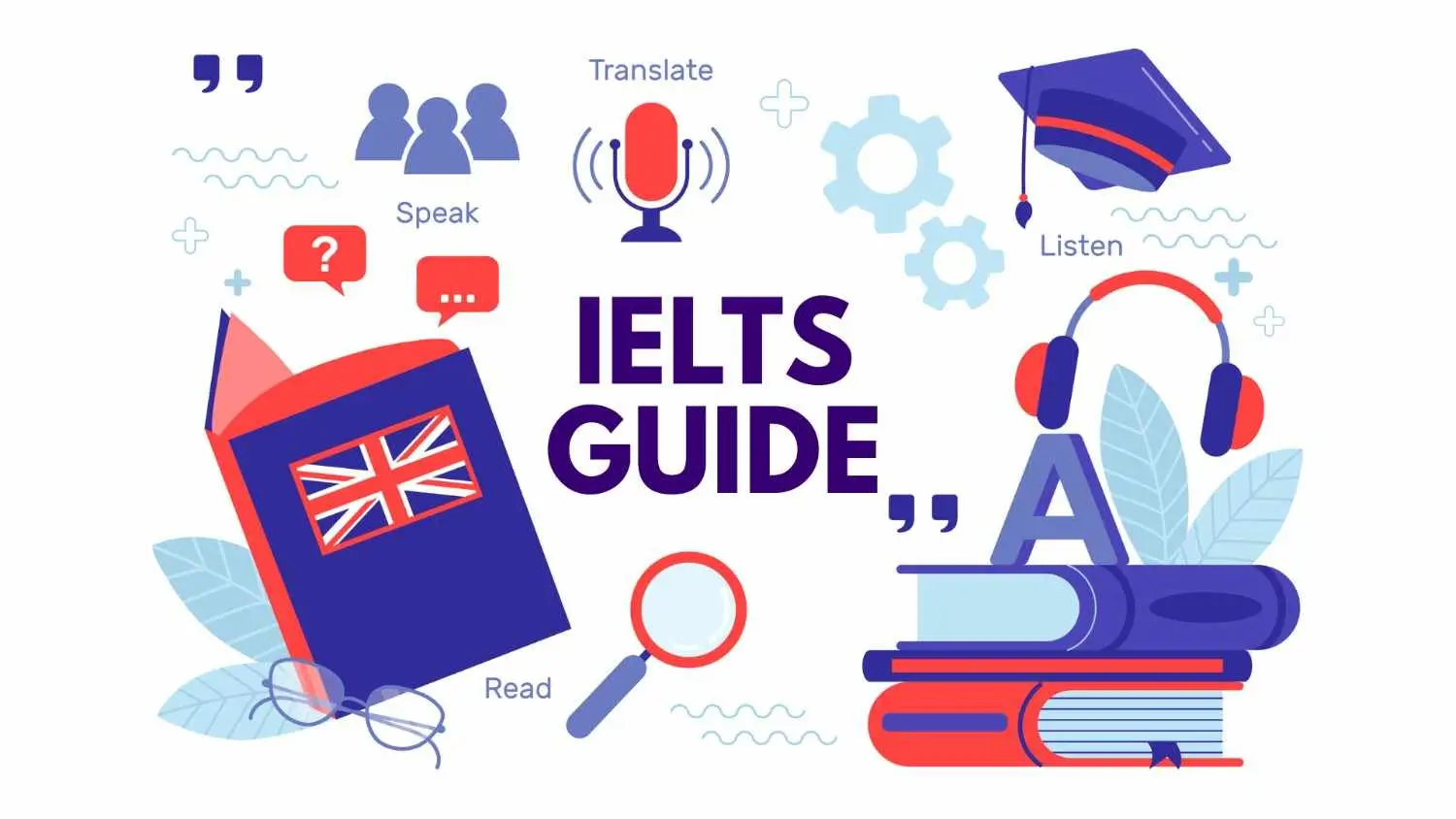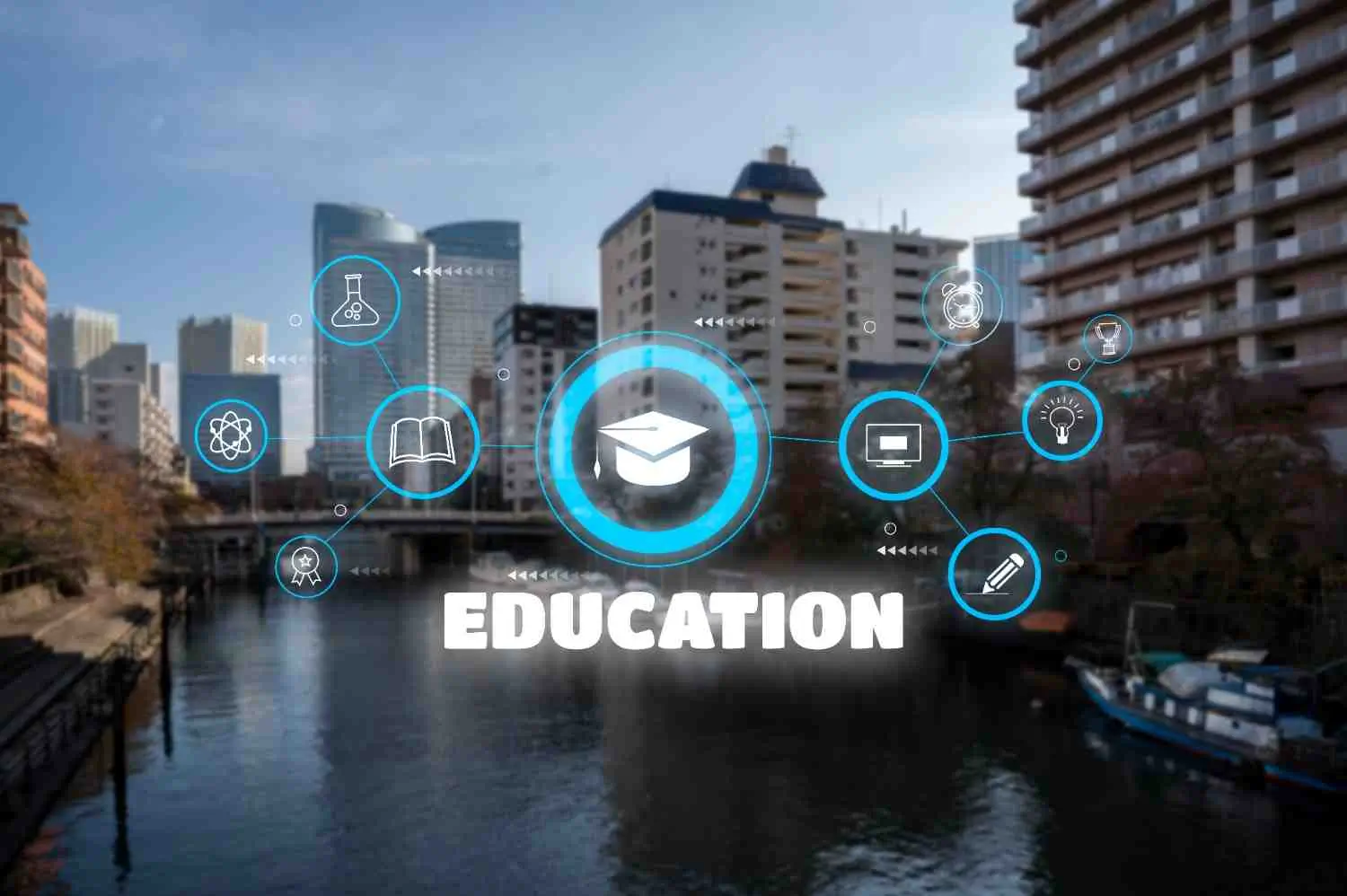Education is evolving rapidly, and personalized learning is at the forefront of this transformation. Personalized learning tailors educational experiences to meet individual student needs, preferences, and learning styles. This approach recognizes that each student is unique and requires a customized learning path to achieve their full potential. This blog explores the importance of personalized learning in today’s education system and how it benefits students.
Introduction
Traditional education models often follow a one-size-fits-all approach, which may not effectively address the diverse needs of students. Personalized learning offers a solution by adapting teaching methods, materials, and pace to suit individual learners. This student-centered approach enhances engagement, improves academic performance, and fosters a love for learning.
Benefits of Personalized Learning
- Catering to Individual Learning Styles
Personalized learning recognizes that students have different learning styles—visual, auditory, kinesthetic, and more. By identifying and catering to these styles, educators can create more effective and engaging learning experiences.
- Visual Learners: Utilize diagrams, charts, and visual aids to explain concepts.
- Auditory Learners: Incorporate discussions, lectures, and audio materials.
- Kinesthetic Learners: Engage students with hands-on activities and experiments.
- Addressing Learning Gaps
Personalized learning helps identify and address individual learning gaps. By assessing each student’s strengths and weaknesses, educators can provide targeted support to bridge these gaps.
- Adaptive Assessments: Use technology to conduct adaptive assessments that adjust to each student’s level, providing accurate insights into their understanding.
- Tailored Interventions: Design interventions and support plans to address specific areas where students need improvement.
- Enhancing Student Engagement
When learning experiences are tailored to individual interests and preferences, students are more likely to stay engaged and motivated.
- Interest-Based Learning: Incorporate topics and projects that align with students’ interests and passions.
- Choice and Autonomy: Give students the freedom to choose how they learn and demonstrate their knowledge.
- Fostering Self-Directed Learning
Personalized learning encourages students to take ownership of their education, fostering self-directed learning and critical thinking skills.
- Goal Setting: Help students set personal learning goals and track their progress.
- Reflective Practices: Encourage students to reflect on their learning experiences and identify areas for improvement.
- Supporting Diverse Learners
Personalized learning is particularly beneficial for students with diverse needs, including those with learning disabilities, gifted students, and English language learners.
- Individualized Education Plans (IEPs): Develop customized learning plans for students with special needs.
- Differentiated Instruction: Use a variety of instructional strategies to meet the diverse needs of all students.
Implementation of Personalized Learning
Implementing personalized learning requires a shift in educational practices and the use of innovative tools and technologies.
- Technology Integration
Technology plays a crucial role in personalized learning by providing adaptive learning platforms, digital resources, and data analytics to track student progress.
- Learning Management Systems (LMS): Utilize LMS to deliver personalized content and monitor student engagement.
- Educational Apps: Incorporate educational apps that offer personalized learning experiences.
- Professional Development
Educators need ongoing professional development to effectively implement personalized learning strategies.
- Training Workshops: Offer workshops on personalized learning techniques and tools.
- Collaborative Learning Communities: Create communities where educators can share best practices and resources.
- Parental Involvement
Engaging parents in the personalized learning process enhances its effectiveness.
- Communication Tools: Use communication tools to keep parents informed about their child’s progress and involve them in the learning process.
- Parent-Teacher Collaboration: Foster collaboration between parents and teachers to support student learning.
Conclusion
Personalized learning is transforming education by creating customized, student-centered learning experiences that address individual needs and preferences. This approach enhances engagement, improves academic performance, and prepares students for lifelong learning. At Appoint Tutor, our tutors are dedicated to providing personalized learning experiences that help students achieve their academic goals. Visit Appoint Tutor to find a tutor who can support your personalized learning journey.




